Our Top 9 Tips to Help You Prevent and Prevail Over Auto Collisions
Driving comes with inherent risks that most people don't usually think about in their day-to-day lives. However, automobile accidents happen all the time. In fact, according to reports by USA Today, an average of 117 fatal car accidents occurred per day in the United States alone in 2022. While you can't completely prevent auto collisions, you can take steps to reduce your chances of being in one and to help protect yourself in case it happens. Here are nine tips to help you minimize your chances of and prepare for auto collisions before they happen.
1. Focus Fully on Driving
One of the best ways to avert accidents is to eliminate distractions when you're behind the wheel. Don't text, talk on the phone, browse your music choices, eat, or engage in any other activity that diverts your eyes and attention from the road. Even minor distractions greatly increase your risk of crashing. Stay fully alert to what's happening around you at all times. Continuously scan ahead for potential road hazards, keep your hands positioned properly on the steering wheel, and focus intently on driving safely.
Make a personal rule that driving requires your complete concentration and refrain from multitasking. Don't allow anything to interfere with your top priority of getting to your destination accident-free. If you need to make a call, wait until you can safely pull over. Vehicles are heavy machinery, and they require your undivided effort to operate safely.
2. Follow Traffic Laws and Speed Limits
Carefully following traffic signs, signals, and laws might seem like an obvious step to take, but doing so dramatically decreases your chances of a collision. Come to complete stops at stop signs and red lights without rolling through. Yield the right-of-way when required. Use your turn signal for every lane change and turn, even when you think no one else is around. Stay within the designated speed limit and adjust your speed downward if road conditions become hazardous. While other drivers may make errors, you can avoid compounding problems by driving lawfully and predictably yourself. Follow all posted speed limits, even if you're running late or other cars are driving faster. Don't run yellow lights to try to "make it" through intersections. Strictly adhere to every traffic rule and regulation. Good driving habits prevent accidents.
3. Keep a Safe Distance From Other Cars
Leave plenty of buffer room between your vehicle and those ahead of and behind you. Tailgating greatly amplifies the odds of rear-ending the driver in front of you. Leave at least two to three seconds of following distance on dry roads and increase this cushion significantly on wet, icy, or snowy surfaces. Give yourself ample time to react to braking or lane changes. If other drivers cut in front of you, gently slow down to reopen the proper following gap. Space cushions mistakes and allows you to avoid collisions. Don't compromise your safety zone. Getting up on the bumper of the next car or truck won't get you to your destination faster. It'll only put you at grave risk. Monitor following distance at all times and allow even more room when traveling at higher speeds, in bad weather, or in heavy traffic.
4. Get Enough Sleep Before Driving
Drowsy driving impairs reaction times, decreases awareness, and clouds judgment much like alcohol intoxication. According to the Sleep Foundation, adults need between seven and nine hours of sleep each night for optimal alertness and performance. Going without adequate rest makes you prone to errors and reduces your ability to respond quickly to avoid collisions. Don't start a trip when you're already overtired. Always get sufficient shuteye so you can drive safely.
Plan travel for when you're unlikely to be sleepy. Take night driving shifts with an alert passenger. If you feel yourself getting tired at the wheel, stop driving immediately. Share the driving, take a brisk walk, drink some caffeine, or take a nap before continuing. Don't underestimate how hazardous fatigue can be.
5. Drive Sober and Avoid Medications That Cause Drowsiness
Like sleep deprivation, alcohol and recreational or prescription drug use can impede your coordination, concentration, and response capabilities. Don't operate a vehicle while intoxicated or after taking medications with sedative side effects. Even small amounts of substances impair judgment and reaction times. Review drug labels thoroughly and check for warnings about drowsiness, blurred vision, dizziness, or other side effects that make driving unsafe. Similarly, don't mix medications or combine them with alcohol without clearance from your doctor or pharmacist. Be sure to discuss potential driving risks in particular. For your own and others' safety, just say no to any form of impairment when driving.
6. Schedule Vehicle Maintenance Checks
As you might imagine, properly maintaining your vehicle reduces breakdowns and handling problems. Follow the manufacturer's schedule for oil and filter changes, tire rotations, fluid checks, timing belt replacements, and other maintenance. Inspect lights, brake pads, windshield wipers, tire treads and pressure, and steering components between these service intervals. Be sure to address any issues promptly to keep your vehicle in optimal operating condition. Worn parts like brakes, tires, or burnt-out lights all increase your risk of accidents. Simply put, take care of your car and it'll take care of you. Don't put off needed services and prioritize preventative maintenance.
7. Equip Your Vehicle With Safety Features
When shopping for a new or used car, make safety a top priority. Look for vehicles with airbags, anti-lock brakes, traction control systems, lane departure warnings, collision preparation features, and high crash test ratings. Avoid trucks, vans, and SUVs, which NHTSA research shows are more prone to rollovers. While style and performance matter, protecting yourself is most important. Do plenty of research to find models with excellent occupant protection crash test results. Advanced safety technology prevents many accidents and minimizes injury in auto collisions. Features like blind spot monitoring and automatic braking provide an added defensive buffer on the road. While the two aren't necessarily mutually exclusive, it's best to choose safety over style.
8. Use Seat Belts and Properly Adjust Them
Wearing a seat belt on every single trip dramatically reduces injury and fatality risk in a crash. Take a few extra seconds to buckle up properly before shifting into drive on every outing. Confirm that the shoulder strap rests across your collarbone and chest, while the lap belt sits low on your hips below your stomach. Improper belt fit greatly diminishes effectiveness. Also, adjust your headrest to align with the middle of your head for optimal protection against whiplash. If you're pregnant, invest in a maternity belt extender to maintain a secure fit across your pregnant belly. Far too many avoidable injuries occur when occupants don't use seat belts or wear them improperly. Don't be a statistic. Always buckle up.
9. Keep Emergency Supplies Handy
Because auto collisions happen unexpectedly, always have emergency equipment on hand. Carry a first aid kit stocked with bandages, gauze, antiseptic, trauma shears, and other medical essentials. Pack a flashlight, flares, jumper cables, fix-a-flat, and basic tools. Keep cold-weather clothes, blankets, bottled water, and non-perishable snacks in your trunk too. You'll be glad for the supplies if you end up stranded or waiting for help.
While no amount of preparation can guarantee you'll never get in an accident, following these tips will significantly improve your safety behind the wheel. If you do find yourself involved in
auto collisions in the future, find a repair shop that can get your vehicle back in shape efficiently and effectively. Looking for an auto collision specialist in the Clinton, MD area? Call today to schedule an appointment with our team at City Side Auto Body.

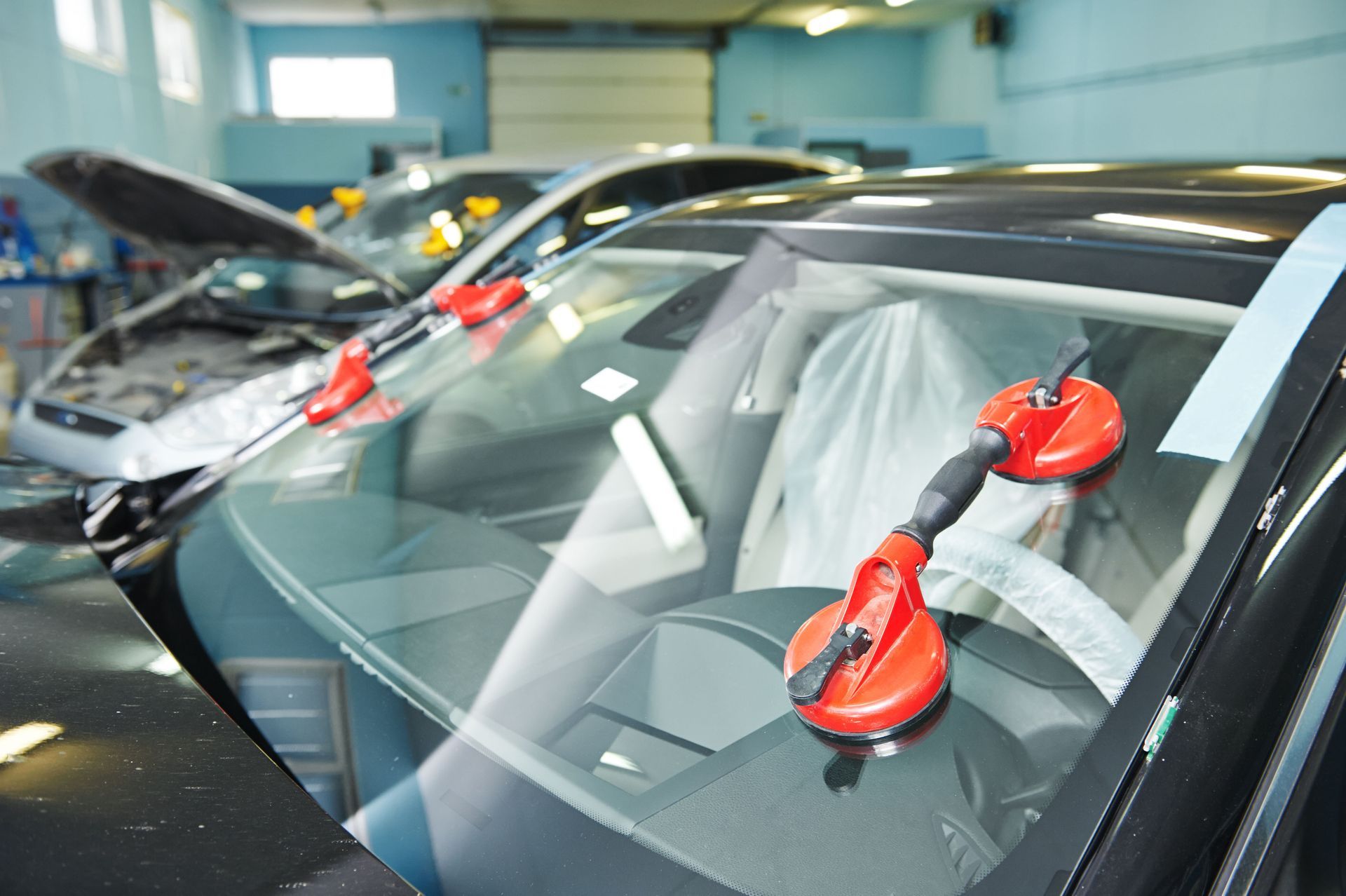
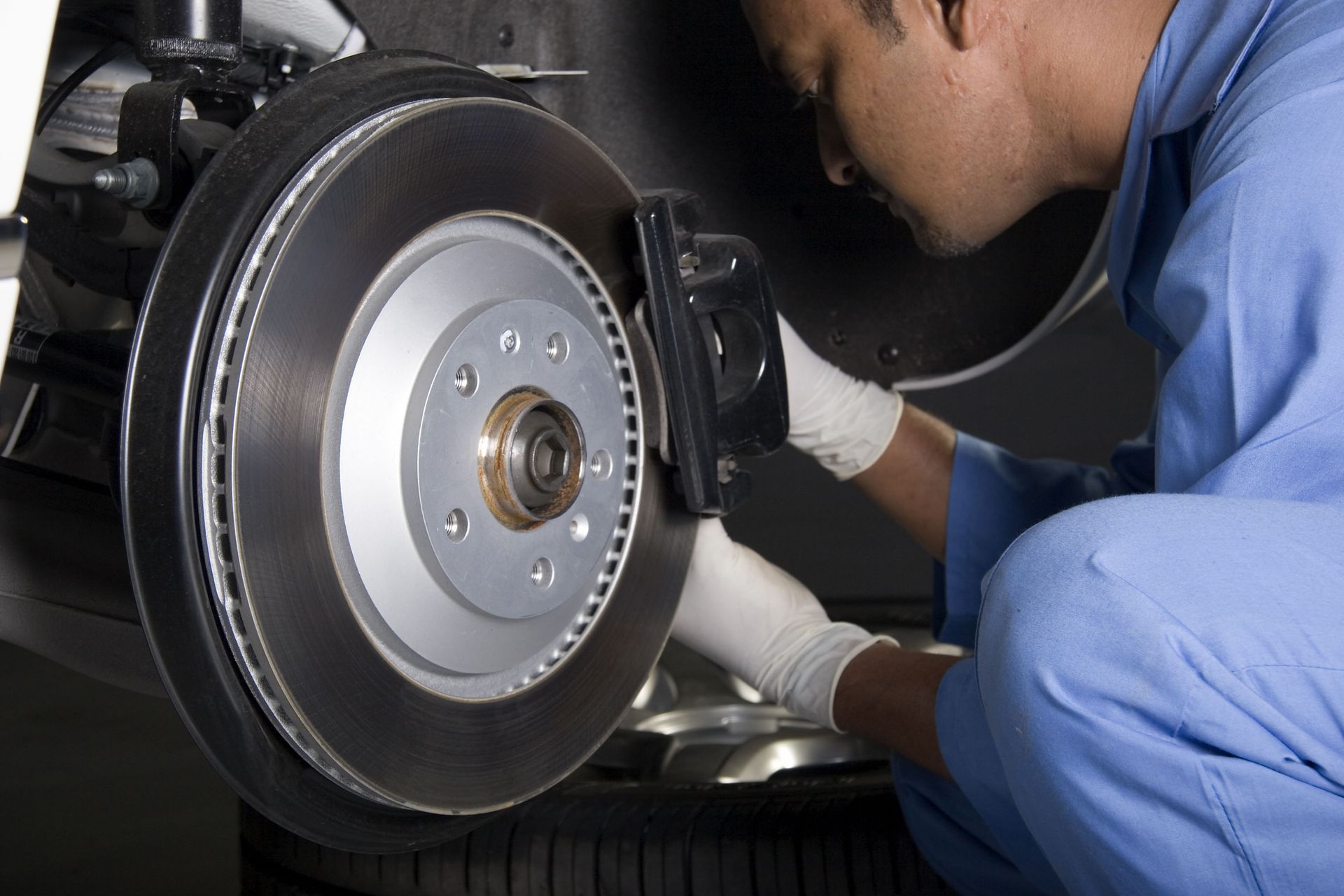
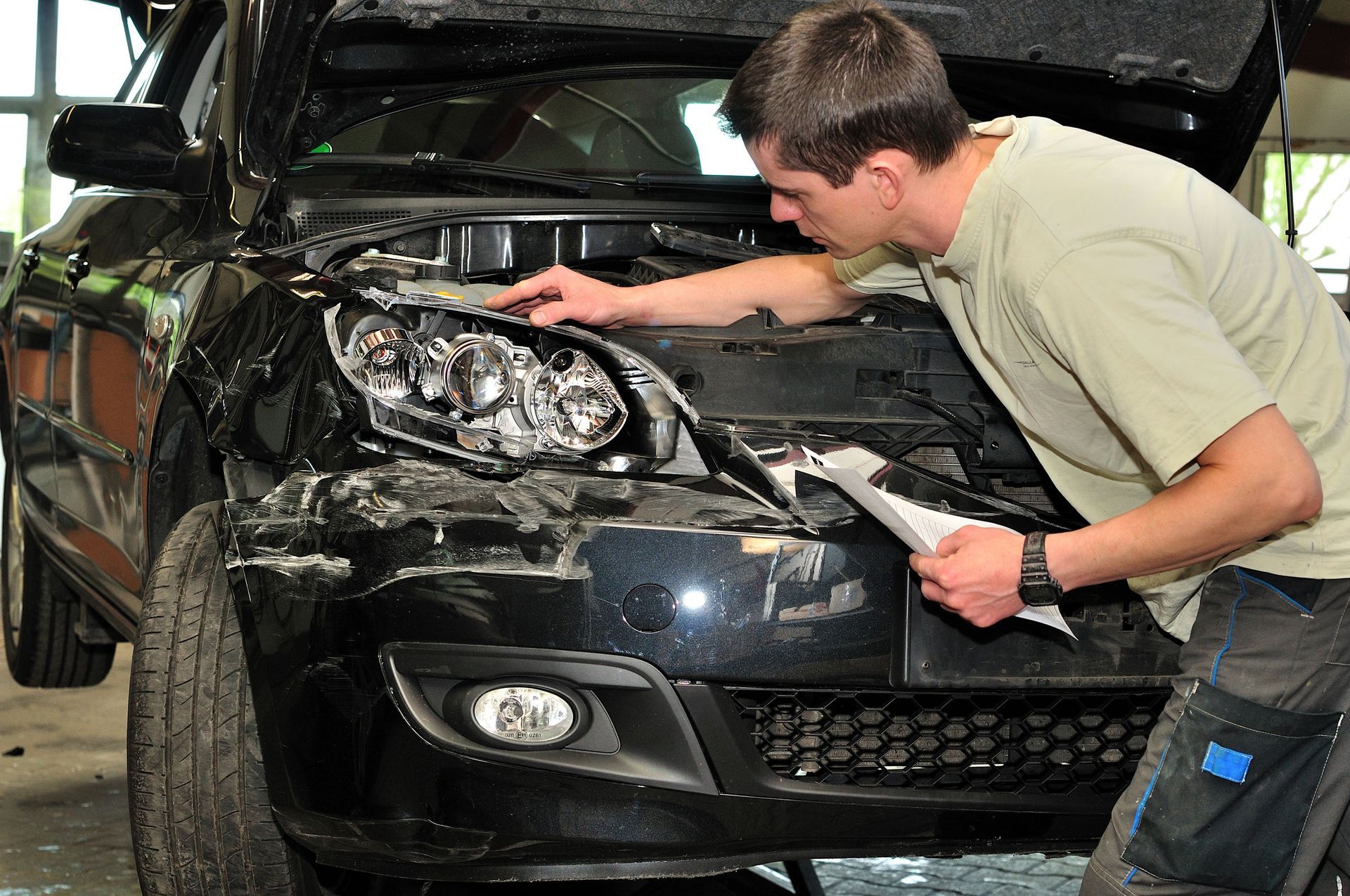
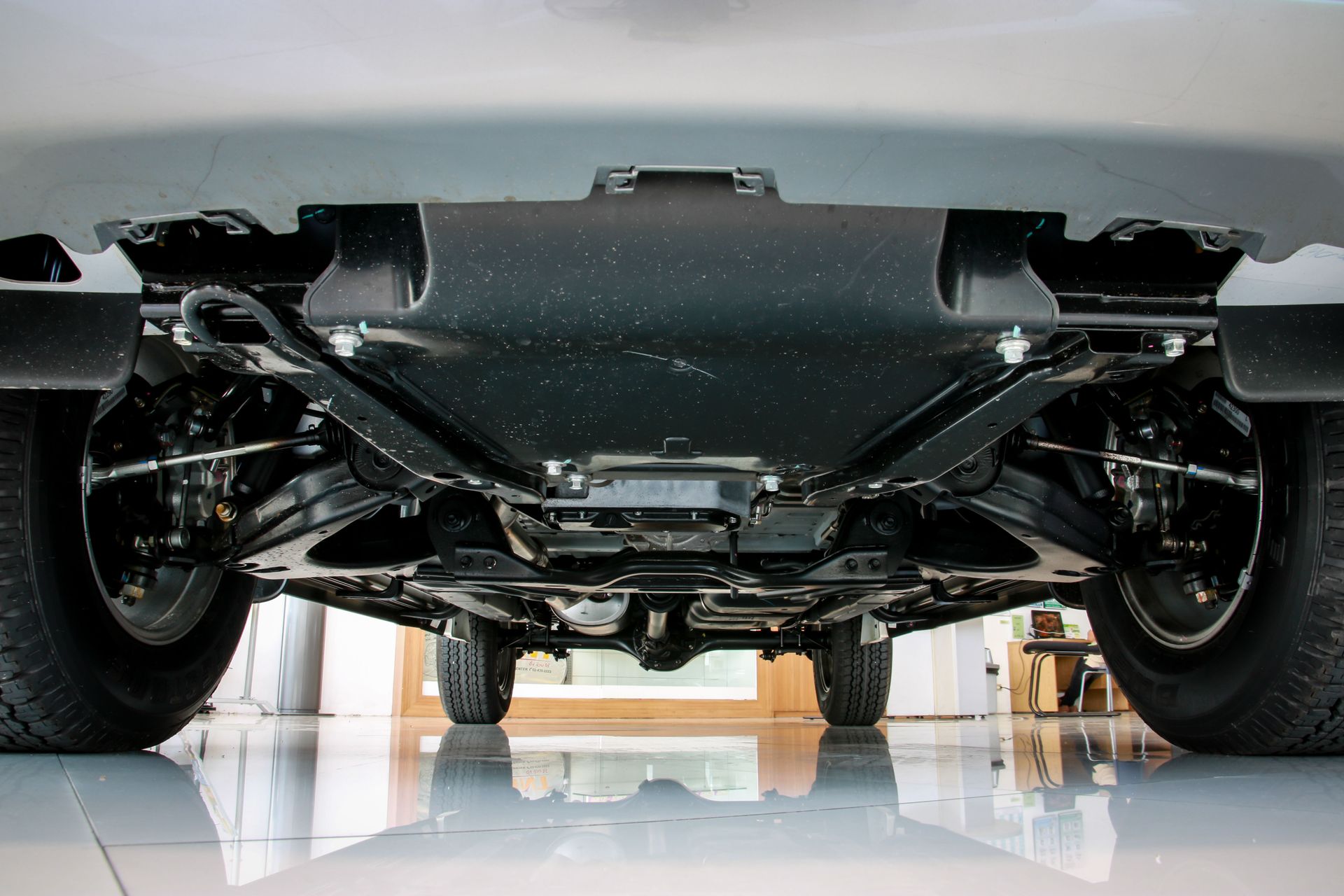
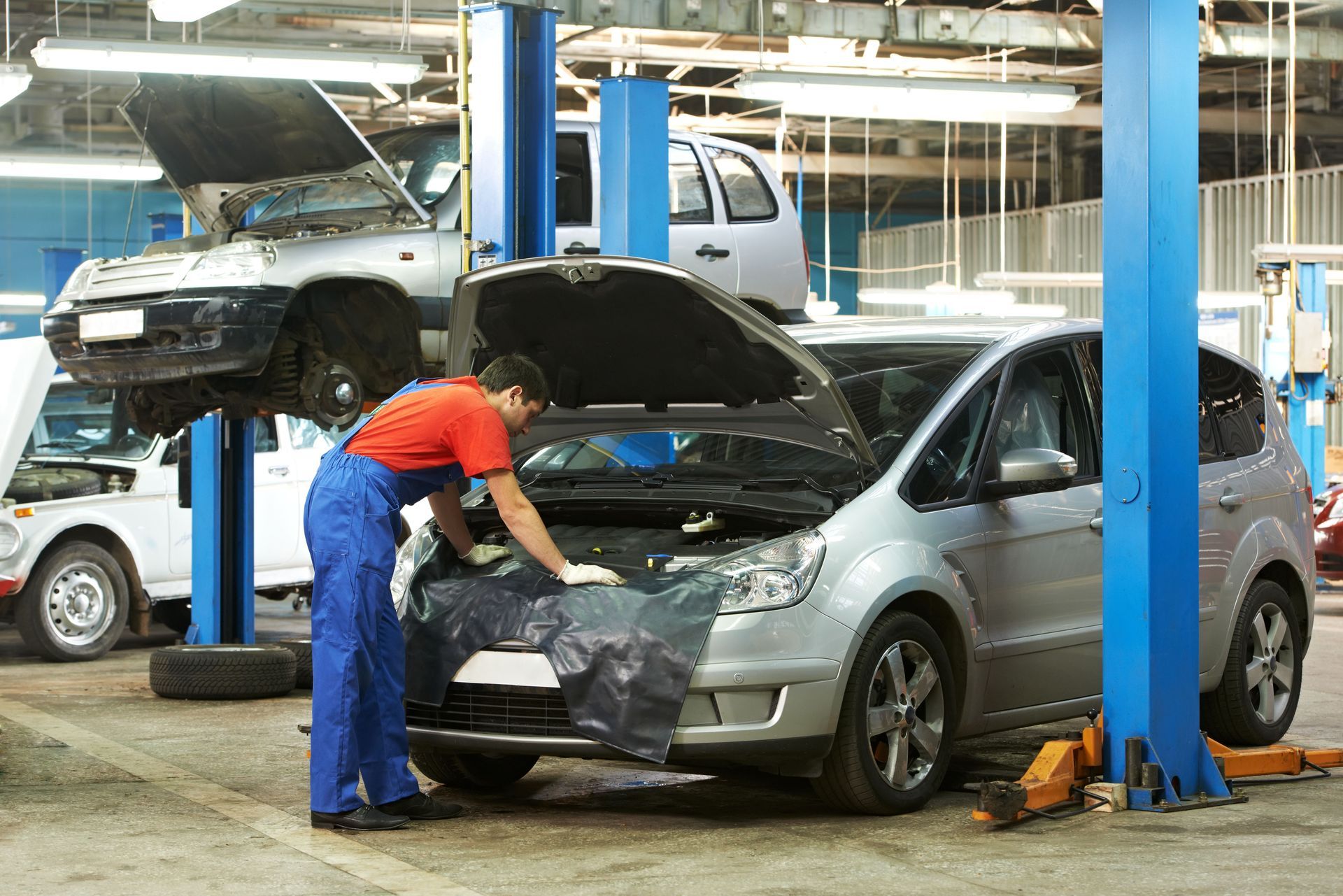
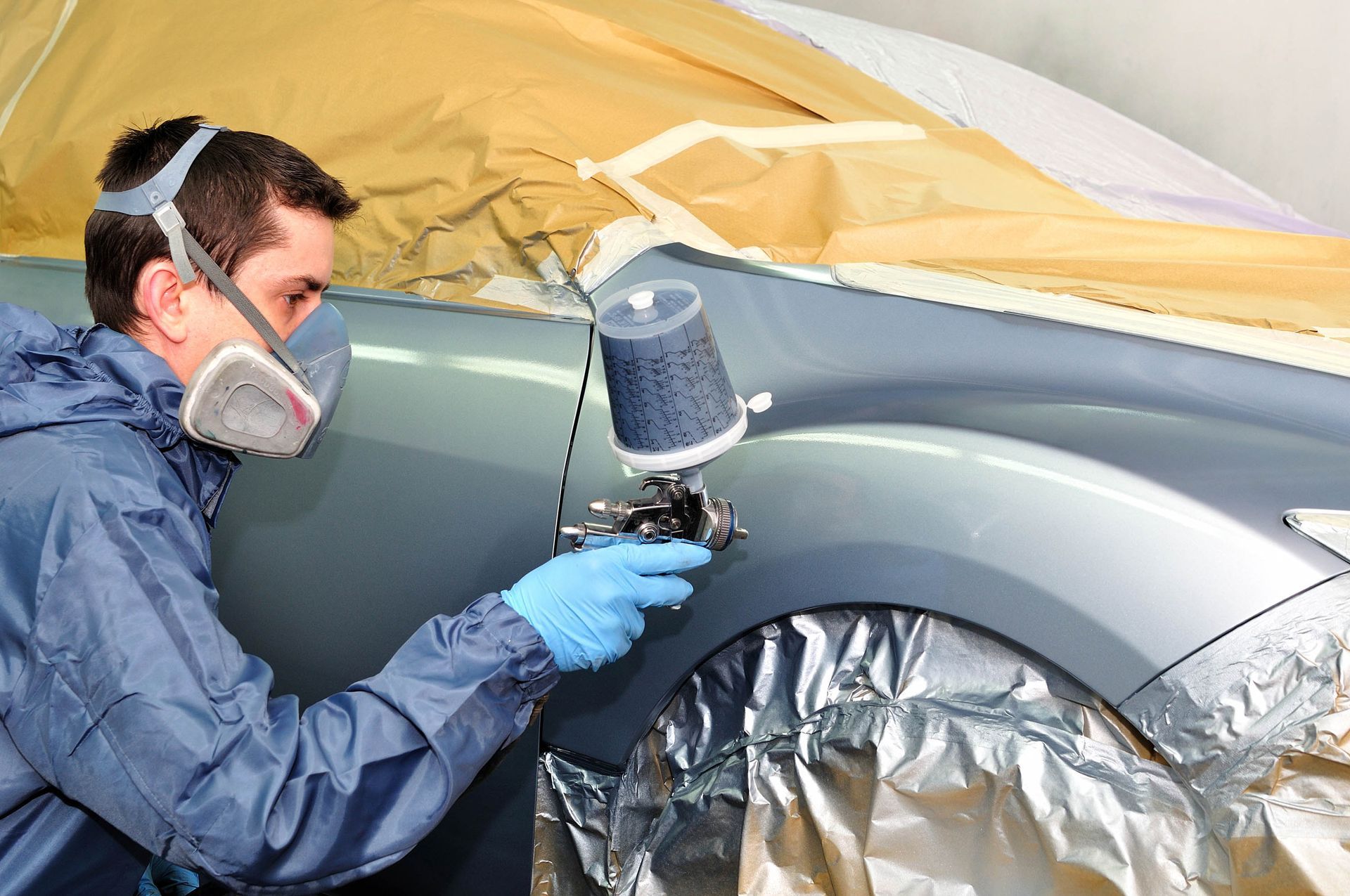
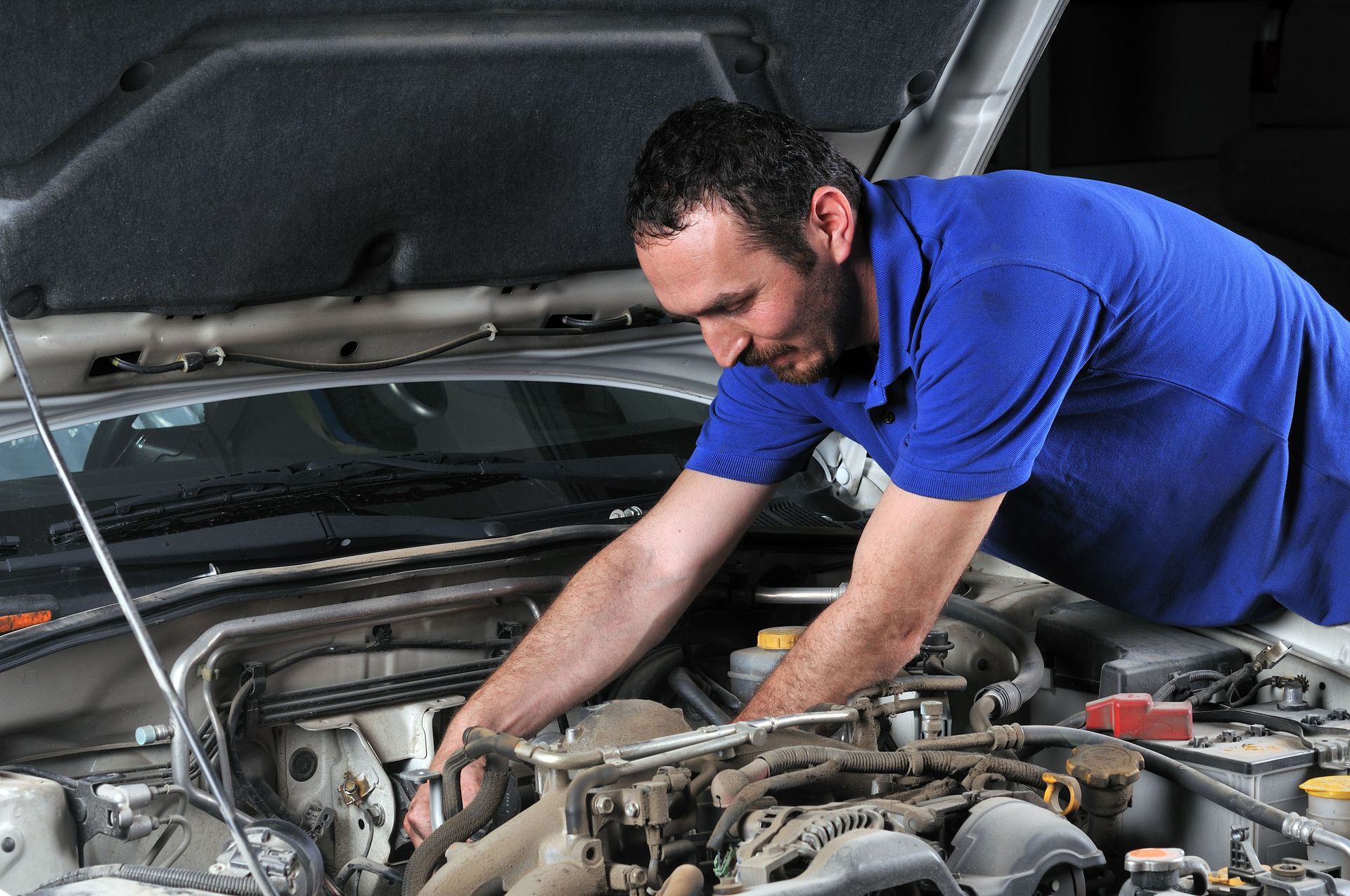
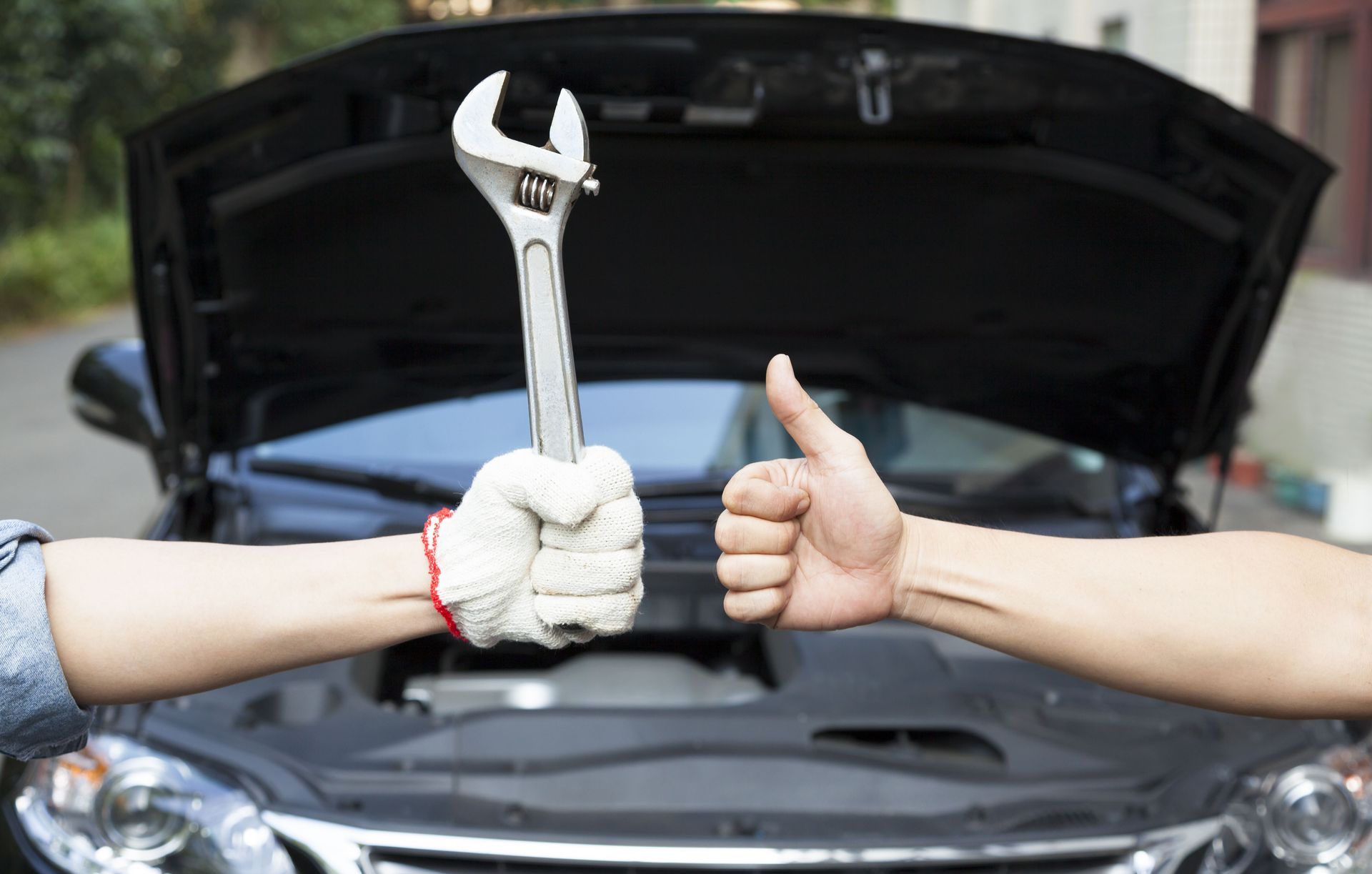
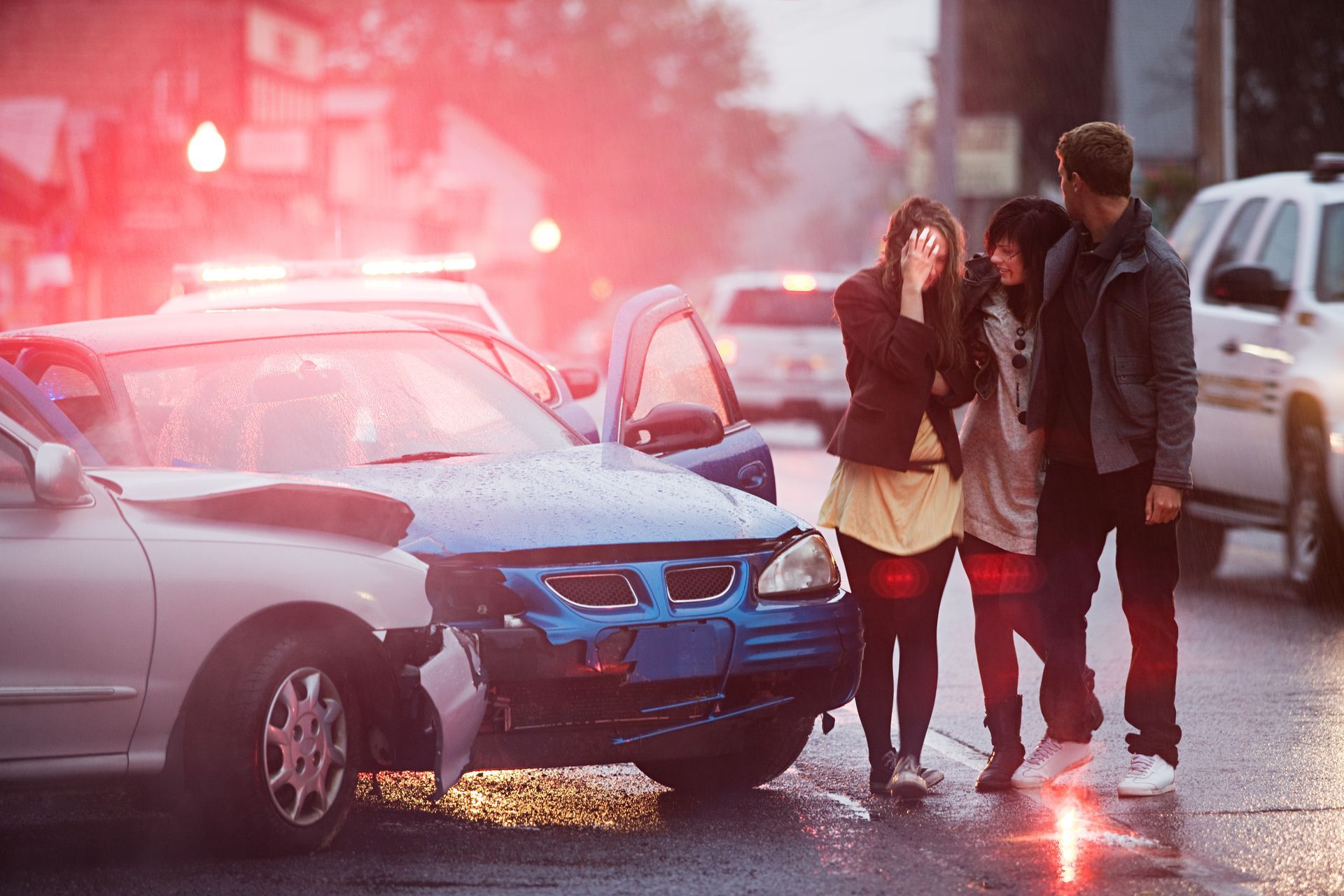
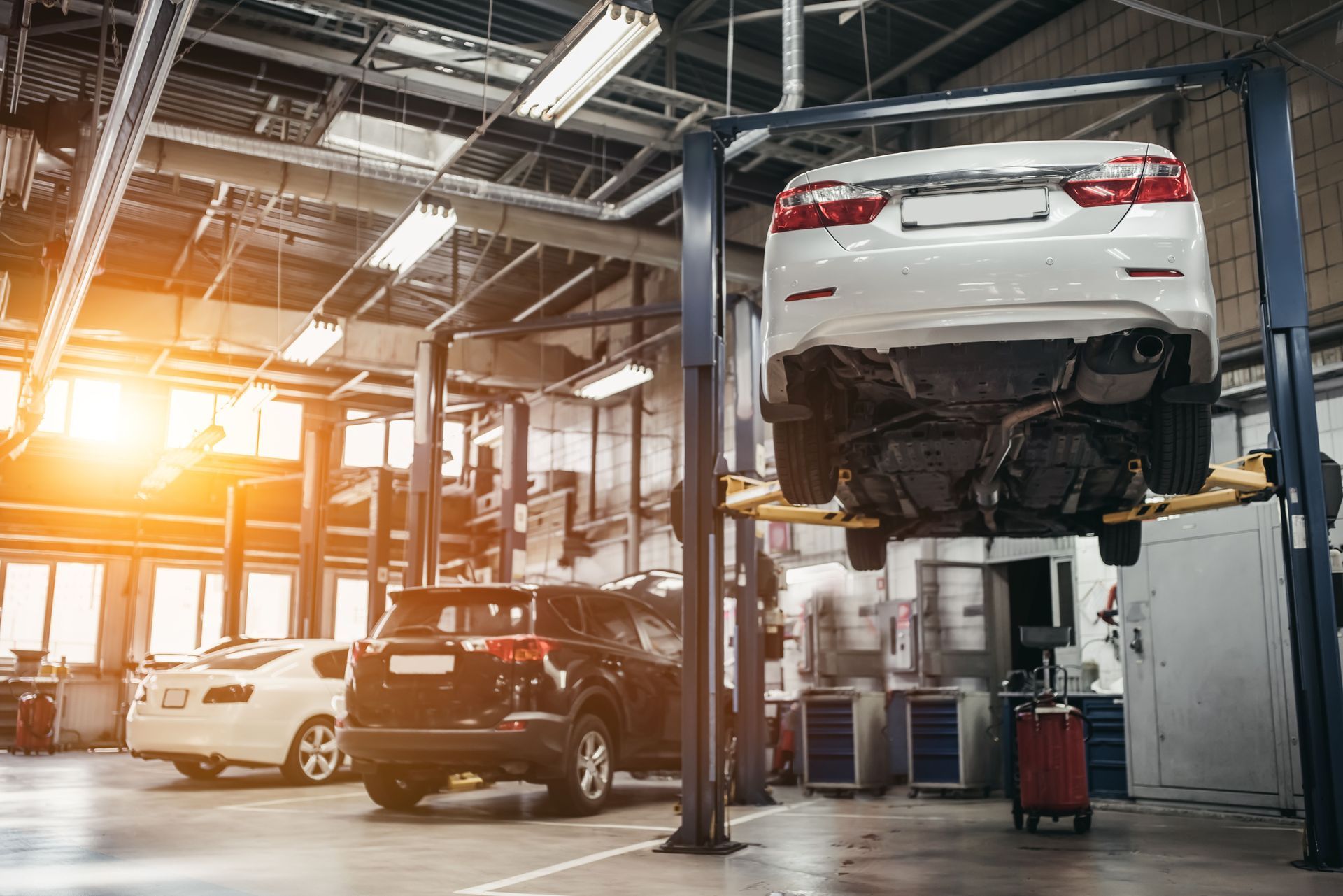
Share On: